MEET OUR CODE_N CONTEST FINALISTS 2018: Rosey from the USA
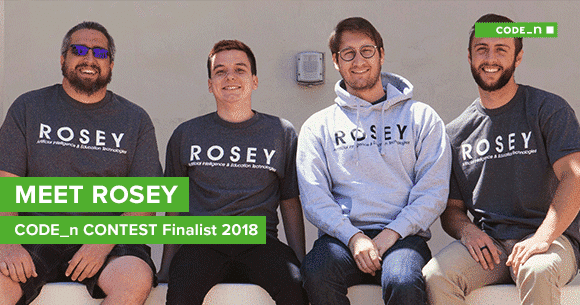 Empowering personalized learning with the help of emerging technologies is a growing trend nowadays and that’s exactly what our CODE_n CONTEST Finalist Rosey has been working on. Building the teaching assistant of the future, their passion and goal is to improve traditional education and give personalized feedback to students. CEO and co-founder Michael Green tells us how Rosey accomplishes this by leveraging student data and machine learning.
Empowering personalized learning with the help of emerging technologies is a growing trend nowadays and that’s exactly what our CODE_n CONTEST Finalist Rosey has been working on. Building the teaching assistant of the future, their passion and goal is to improve traditional education and give personalized feedback to students. CEO and co-founder Michael Green tells us how Rosey accomplishes this by leveraging student data and machine learning.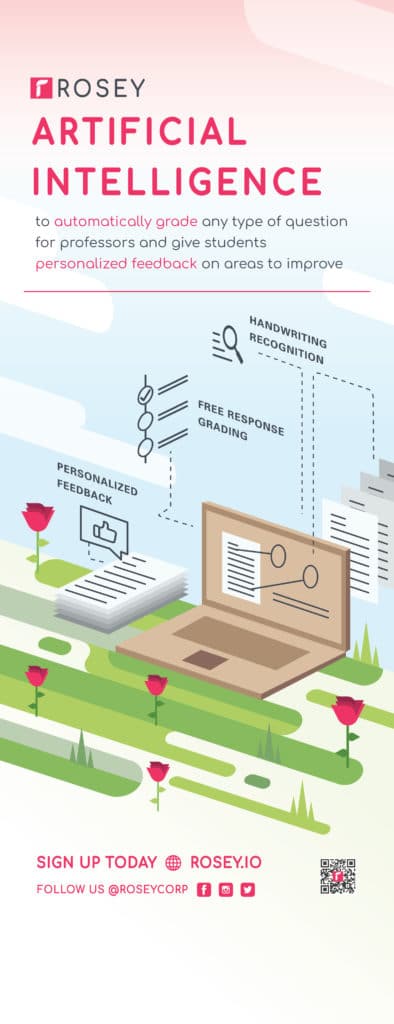
Jessica: What is Rosey all about?
Michael: Rosey is about improving traditional education by leveraging student data and machine learning. Rosey grades freely written paper-based exams and assignments for teachers so they can spend more time with their students. It does this by asking the teacher to grade a small number of questions and based on this Rosey can grade everything else. Rosey also provides students with personalized feedback based on the aggregate results of a student across time as well as the content of the questions they are struggling with.
We are building the teaching assistant of the future. We strongly believe that every student should receive an education that is personalized to their individual needs. We also believe that teachers need better tools to understand and adjust to the growing number of students in the classroom.
Jessica: How did you come up with the idea?
Michael: Both my parents are educators and growing up I would come home and I would see my parents sitting on the couch grading papers. Last year, when I co-founded Rosey with Logan and Scott, I had just finished an internship doing data science and I was a teaching assistant at the time. This meant having to deal with a lot of students and do a lot of grading. So I just started exploring how I could apply data science and neuro-linguistic programming (nlp) to all of these different problems I was facing. I wrote some python as a small demo for Scott and Logan and we met up and decided to start Rosey!
Jessica: What are you trying to solve?
We also have seen a growing number of issues for students in traditional universities. Students’ education is often degraded by ever growing class sizes and the infeasibility of teachers to give every student individual attention. This lack of individual attention can lead to a cascading effect where students will suffer in later courses that build around prerequisite material. We want to give students the personalized education they deserve which means low wait times on exam and assignment results as well as personalized feedback and analytics based on what mistakes you made and what you did well.
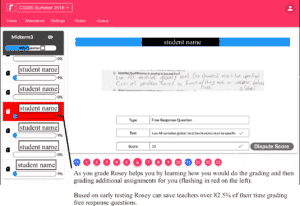 Jessica: What more can we expect with regards to transforming instruction and education with AI?
Jessica: What more can we expect with regards to transforming instruction and education with AI?
Michael: First and foremost, data will be leveraged much more deeply to understand students, teachers, and administrative needs. All of education will become much more personalized to better accommodate students. In 10-15 years we’ll probably shift from majority multiple choice based tests to majority free response based tests or doing some sort of machine learning analysis of in class participation. In about three to five years I see us being able to ask any sort of question to an AI assistant about a course or the material and the assistant should be able to answer to about 80% – 95% accuracy even for complex questions.
Jessica: Thank you for the interview, Michael!
Meet Rosey at the new.New Festival 2018this fall, in Stuttgart!


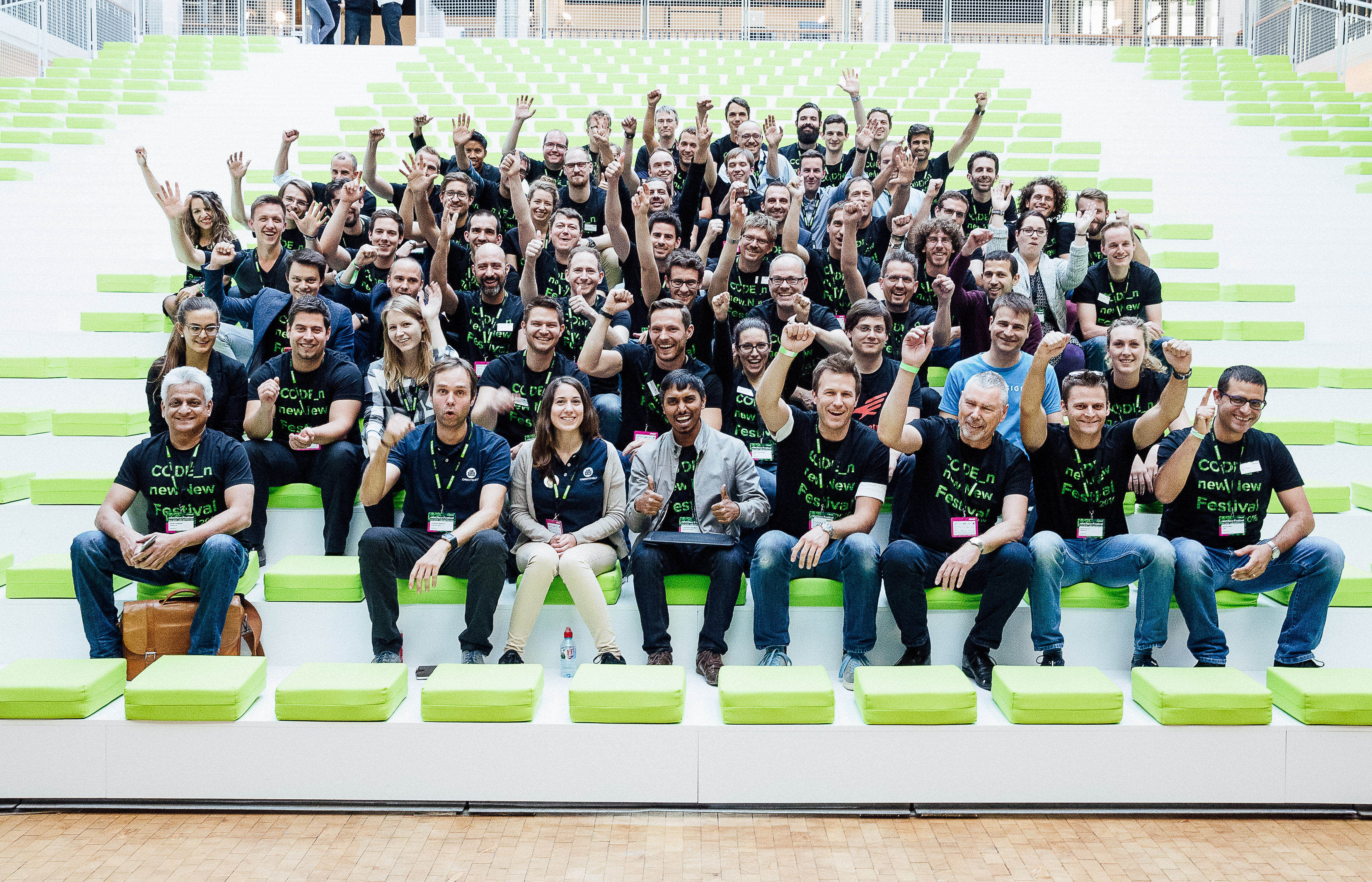


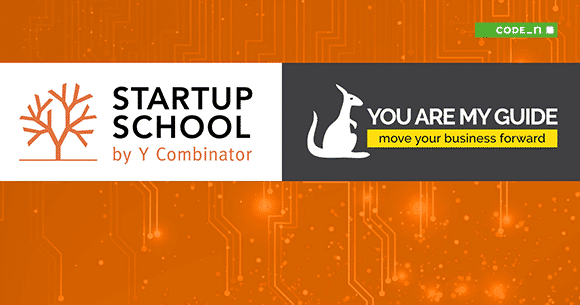
Write a comment